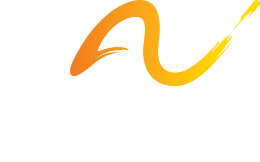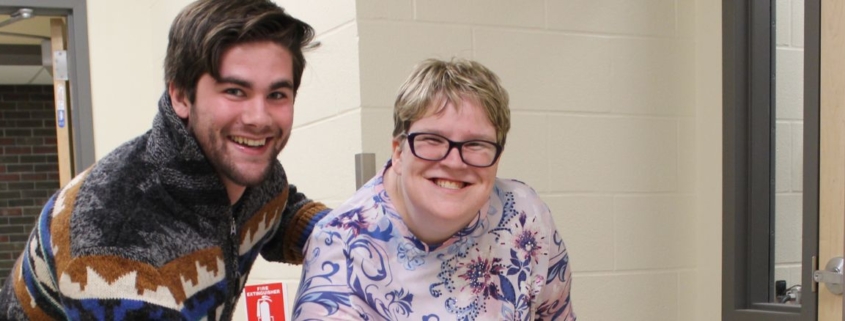Extraordinary changes have occurred in the lives of people with intellectual and other developmental disabilities since the founding of The Arc New York in 1949. Prior to that people lived in institutions and/or homes that segregated them from society. They were often denied the opportunity to enrich their daily lives through mainstream involvement in the community. At the same time, the rest of the community was equally cut off and denied the opportunity to enrich their own lives through knowing and being in relationship with these people. The full presence and inclusion of people with intellectual and other developmental disabilities enriches the entire community.
Disability inclusion means understanding the relationship between the way people function and how they participate in society, making sure everyone has the same opportunities toparticipate in every aspect of life to the best of their abilities, and desires. Community inclusion encompasses: housing, employment, friends, education, health and wellness,religion and spirituality, family, and intimacy.
It is The Arc New York’s position that:
- People with intellectual and other developmental disabilities are our family members and friends in the community. Community inclusion cannot be dependent on “community education.” The more that people with intellectual and other developmental disabilities are present and participating as citizens in their community, the fuller it becomes for everyone.
- An inclusive community must be provided which allows opportunities for people with intellectual and other developmental disabilities and their families to have choices in where they live and in all aspects of community life. Public as well as private resources must be readily available to them.
- People with intellectual and other developmental disabilities need access to all aspects of community life. The supports to access their choices need to change as the person’s life changes.
- Children and adults with intellectual and other developmental disabilities must have the right to access and be supported in recreation, lifelong learning, work, healthcare, sports, social, cultural, and spiritual activities.
- Adults with intellectual and other developmental disabilities must have the right to engage in relationships that range from friendships to choice of life partners.





